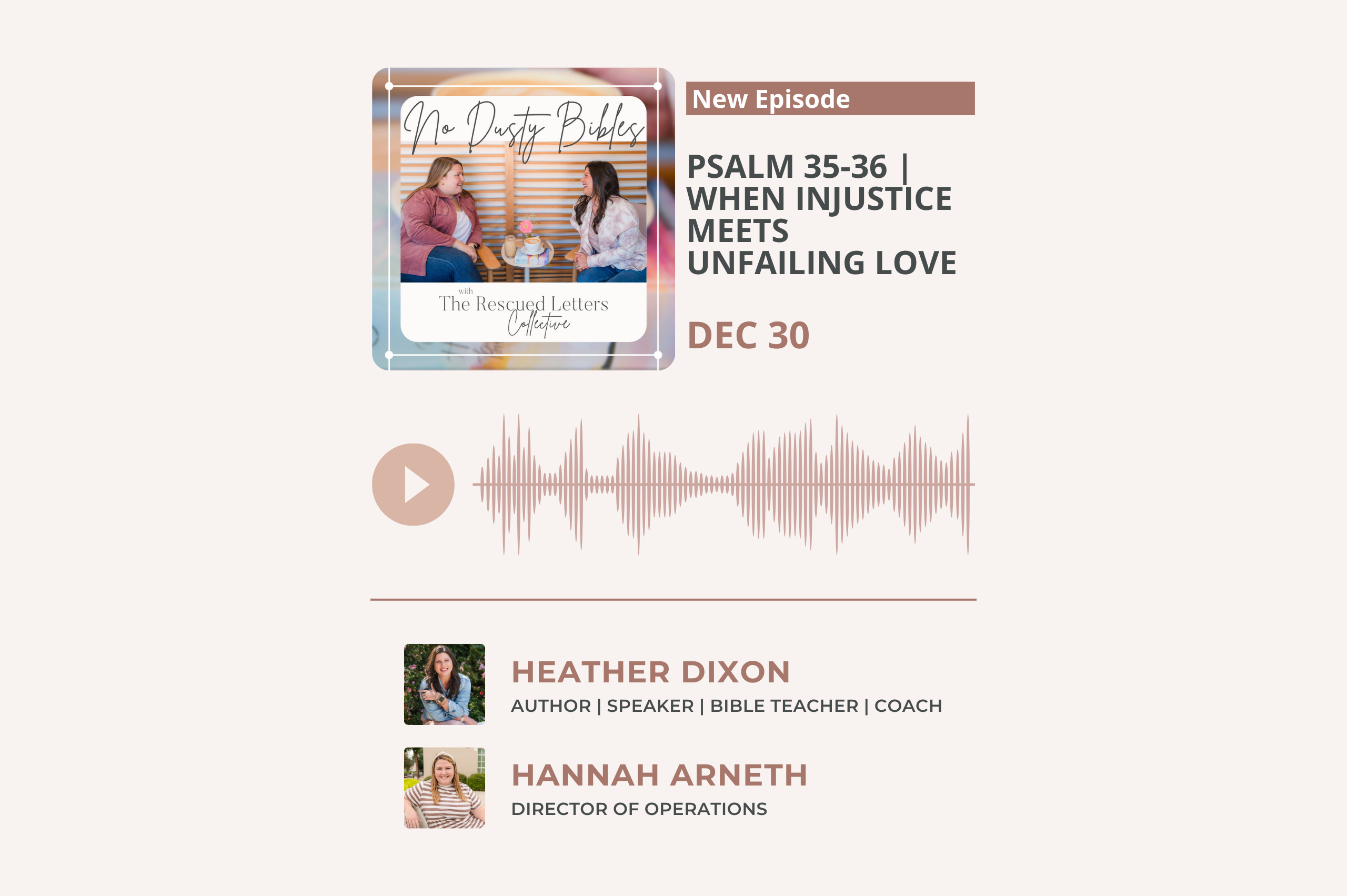After almost ten years of professional speaking and more than 30 events each year across the country, I’ve learned that effective speaking isn’t just about being on stage—it’s about serving well before, during, and after you step up to the microphone.
If you’re an aspiring Christian communicator who feels called to steward God’s Word with excellence, these ten tips will help you prepare, connect, and communicate your message with clarity and confidence.
Message Preparation
1 – Consume God’s Word Before and Beyond Your Message
Your greatest preparation happens long before you ever outline a talk. Soak in Scripture daily—not just for the message you’re writing, but for the message God is writing in you. When His Word dwells richly in your heart, you won’t rely on human wisdom to fill the gaps. The Lord will use your faithfulness to His Word in the quiet moments to ready you in the public moments and the Holy Spirit will connect the dots in ways you could never plan.
2 – Keep it Simple
When I first started speaking, I thought “smart” words made me sound more credible. They didn’t—they made me sound confusing. Simplicity brings clarity. Now, as I steward new and even older messages God gave me years ago, I find myself rewriting my key ideas so that they are easier to understand. Let God’s Word do the heavy lifting; your job is to make it accessible, not impressive.
3 – Teach. Tell. Transition.
Every speaker has their personal way of structuring their messages. For me, it looks like: an opening hook, an opening Scripture to ground the message, a story to warm up the audience and break down any walls between me and them (this could be a funny story or personal testimony related to the message), key teaching section on the main passage, application, and closing. My teaching rhythm in the main teaching section is simple: teach the text, tell a story, transition to the next truth. This keeps your message structured and relatable while avoiding tangents. Ground your teaching in Scripture, use stories to connect hearts, and flow naturally to what’s next.
4 – Know How You Are Landing the Plane
Far more than I’d like to admit, I’ve looked at my timer in the last five minutes of a message and scrambled to figure out how I was going to close my message. Your landing matters just as much as your key points. In your study and message prep, write and memorize your closing section and statements. Review it before you walk on stage. When you get there, you’ll land it with confidence instead of a wishy-washy conclusion. A clear, Spirit-led conclusion leaves your audience with direction, not confusion.
5 – Reduce Your Notes to Keywords
I always have my notes with me on stage just in case I have a brain fog moment (it happens!), but I don’t like to rely on them. I’d rather rely on the Holy Spirit and what God has taught me in my personal study of His Word. Disconnecting from your notes allows you to see the faces of the women you are called to serve and connect with their hearts. So to help me remember the key landmarks of my message, I reduce it to a few keywords: one for the intro, one for each of my main points, and one for the closing. I write those at the top of each page of my notes to keep me on target.
Stage Readiness
6 – Walk the Stage Beforehand
Get familiar with your surroundings before the event starts. Notice cords, steps, podiums, and sound equipment. Know where your entrance and exits are. Ask permission to move things if needed. Make sure you have what you need for your Bible and notes – a music stand, a table, a podium – and know how it will be moved to where you need it. Will you move it? A team member? A church volunteer? If you are uncomfortable in your physical space, the audience will pick up on it. So familiarize yourself with the physical space before you give your message.
7 – Work with the Sound Team
The sound team needs more than a count from 1-10 and a “check one, two, three” to accurately set the sound levels for your specific voice. During sound check, speak through your range: quiet moments, passionate peaks, and everything in between. This helps your team balance your tone so you can deliver your message naturally and without distraction. Certain sections of my message are lower than others because I want to handle it delicately. While other sections are louder and higher pitched because I know I’m going to deliver that section with passion. Make sure the sound team hears all of these variations so you both will be confident about the sound production during the event.
Delivery & Connection
8 – Don’t Waste Your First 30 Seconds
Your audience decides within seconds if they can trust you. Your job in that moment is to make them feel safe, establish your authority, and capture their attention. If you don’t nail this, you’ll spend the rest of your time trying to pull them back in to the message God has called you to steward. So open with purpose—an inviting question, a thought-provoking statement, or a Scripture that grounds your message. Personally, I like to begin with five seconds of silence and a smile, meeting as many eyes as I can before I speak.
9 – Your Real Ministry Happens Off Stage
I wholeheartedly believe that when God opens the door for me to speak, He is ultimately calling me ensure that every woman at that event feels seen and loved. And that means showing up and being present for all attendees before, during, and after the event. Introduce yourself. Ask for their name, and use it when you speak to them and pray for them. Listen to their stories. Thank them for sharing their heart with you. The fact that they are willing to be vulnerable with you is a precious gift! Acknowledge it with kindness and compassion and give them the gift of being seen and heard in return. Long after I leave an event, I remember the faces, the tears, the smiles, and the prayers I share with the women I meet.
Spiritual Posture
10 – Pray, Surrender, and Submit
This may seem obvious but I can testify that my most impactful messages are given when I get myself out of the way. Resist the temptation to fret over the details of your message and ask the Lord to help you wholeheartedly depend on Him as you do what He has called you to do. If you’ve spent time off stage diligently studying and preparing, you’ll be ready to step on stage in full reliance of Him in that moment. Study well, prepare thoroughly, and then step aside so He can speak through you. You are His vessel; trust Him to fill and pour as He wills.
Closing Thoughts: Steward the Message, Don’t Own It
Speaking is holy work. It’s not about showcasing your voice but amplifying His truth. Whether you’re delivering your first five-minute devotional or your fiftieth keynote, remember: your audience isn’t looking for perfection—they’re looking for Jesus. Ultimately, that’s all we have to give them and He will always be enough.
If you feel called to grow as a Christian communicator, I’d love to walk alongside you. Through my Called & Equipped Coaching program, I help women like you develop confidence, craft compelling messages, and communicate God’s truth with excellence.
Next Step: Book a Discovery Call to learn more about how we can refine your message and calling together.
I’m rooting for you, always.







